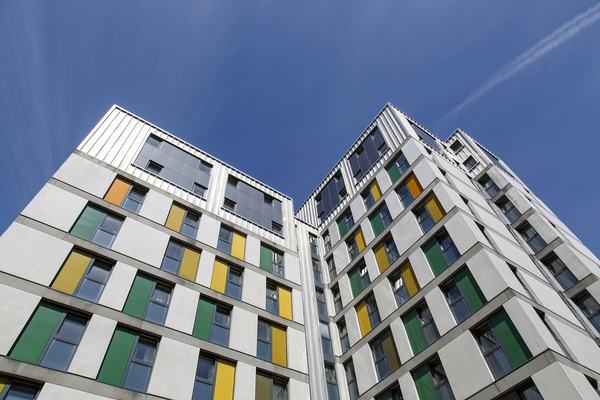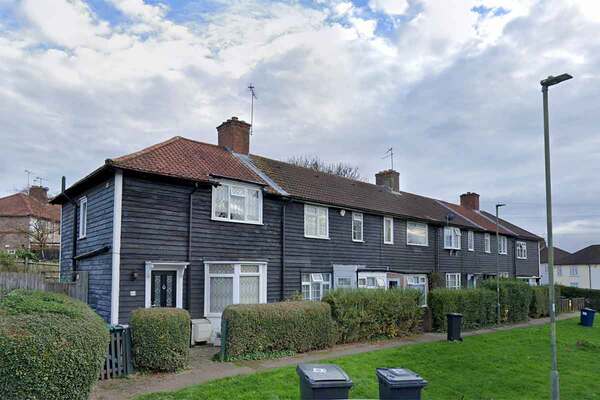You are viewing 1 of your 1 free articles
NHF backs combustible materials ban on high rises
The National Housing Federation (NHF) has given its support to government proposals to ban the use of combustible materials on tall buildings, but has warned this could lead to increased costs and loss of space.
In its response to the government’s post-Grenfell consultation, the NHF warned the ban would “not be simple to implement and careful consideration of unintended consequences is required”.
It said that since fires often start in the lower parts of buildings the ban should apply from the ground up.
Direct costs arising from the ban on some materials now used could range from negligible to a 15% increase, the NHF said.
It also warned that there could be extra indirect costs associated with loss of floor space from using bulkier fire-resistant materials.
A thorough impact assessment should precede any ban, it urged.
If the government implements a ban but with exemptions for some materials “an exemption list will result in a range of materials that can still be used in a multitude of combinations”.
“This would mean a residual risk of unintended consequences remains for both fire safety and general building performance,” it said.
The NHF suggested this could be overcome with a registered supplier scheme, under which third-party testing would provide “assurance to those procuring and living in residential blocks”.
Tested and approved details for different façade types could be developed with similar registration and checking procedures to those already widely used within the construction industry.












